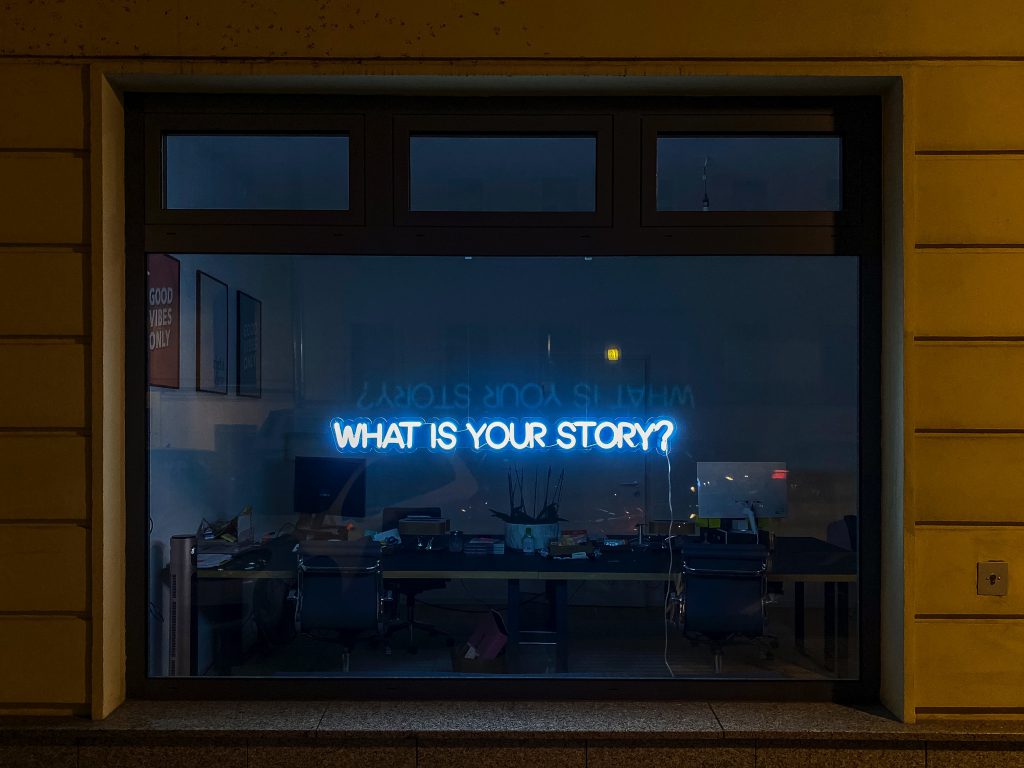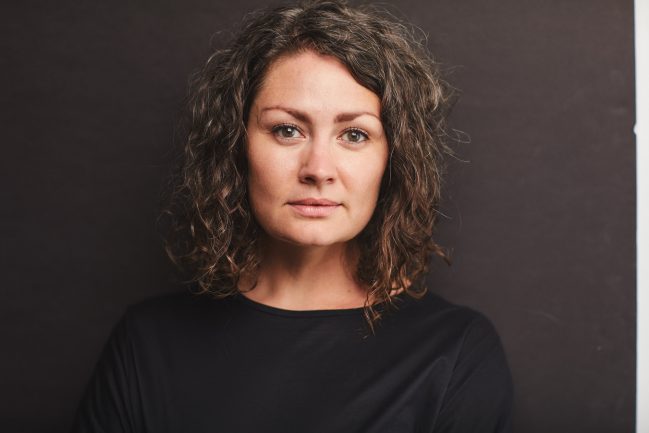Tellwell editor Simon Ogden’s advice to first-time authors
By Simon Ogden, Tellwell editor
Welcome!
You’ve done it. You’ve committed to the writing life. How are you feeling? Excited? Scared? Bored? Lonely? Us too. Welcome to the band—we’re delighted that you’ve decided to join us. We’re a bizarro group and legion, all of us utterly, fantastically, bewilderingly unique, except for one little idiosyncrasy: we all have stories screaming and punching and kicking inside of us that we need to wrestle into the world. There are many out there with the same constipation as us, but they may let it loose through interpretive dance or song or watercolours, or by yelling it into the faces of people in line for the bus. But not us. Not we. We’re the scribes, the men and women of letters. We adore specificity and nuance. We love the tranquility of words nestled on a page, the calm, rational, and quiet way they present themselves to our audience. Our hearts beat for that alchemic conversion of action and imagery and diaphanous emotion into the solidity of language. We’re the Hobbits of the storytelling tribe, and we don’t give a fig if you haven’t yet been paid for your writing. If you’ve managed to set a word down on a page and followed it, tentatively or resolutely with another, you’re one of us and you are welcome here. Make yourself comfortable and we’ll put the kettle on.
As a brand-new author, the first thing you need to be clear on is that all those concerns you have about what comes next and exactly how this whole writing puzzle works—samesies! We’re right there with you, in one way or another. This, like all great and worthy art forms, is a mentorship trade, like sculpture or carpentry. The longer you do it, the more sense it makes, and the more your lovely, unique, necessary voice rings out melodically to the readers who need to read that thing in that way at that precise time, and they will be grateful in ways none of us can hope to fathom. Delightfully, unlike most mentorship trades, our mentors are all around us: our bookshelves groan under their weight, our end tables disappear beneath them, our bathwater occasionally reshapes them for us.
Read and find inspiration
The all-time, number one, pin-it-to-the-top-of-your-list chunk of writing advice from anyone worth listening to will always be: Get your nose in as many books as possible. Find the authors who talk in the way you want to be talked to and ingest their work.
The second piece of advice toward becoming a better writer is—no surprises here—to write a whole bunch. It’s a close number two, but make no mistake, number two it is. It would be hard to build a nice house if you’ve never been inside of a nice house, no matter how many nails you’ve hammered into a board. However, in the wake of these bits of obviousness, the sea of writing advice starts to get a little choppy. What is revelatory for some from here on forward may be pure bilge for others. There is a freakish amount of writing advice out there to shovel up if you choose to dig for it. Give it all due consideration, but understand as you do that there is no specific method applied by another artist that is also exactly your method. This is the essence and provenance of art. If some “genius” advice doesn’t resonate with you, it ain’t your soup—chuck it and move on.







